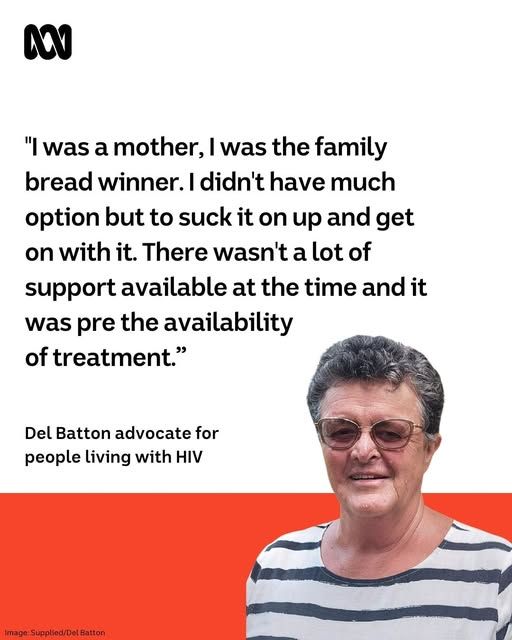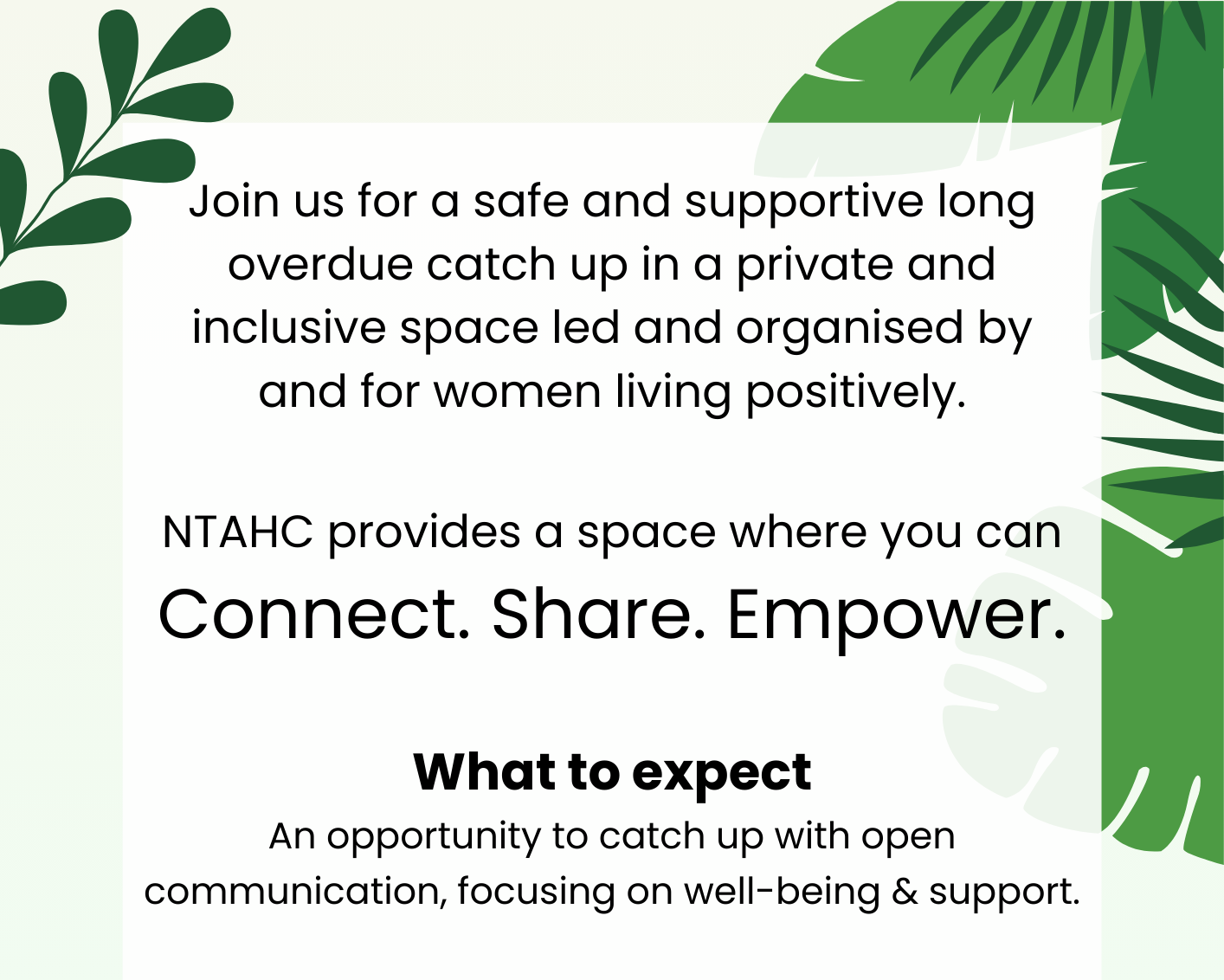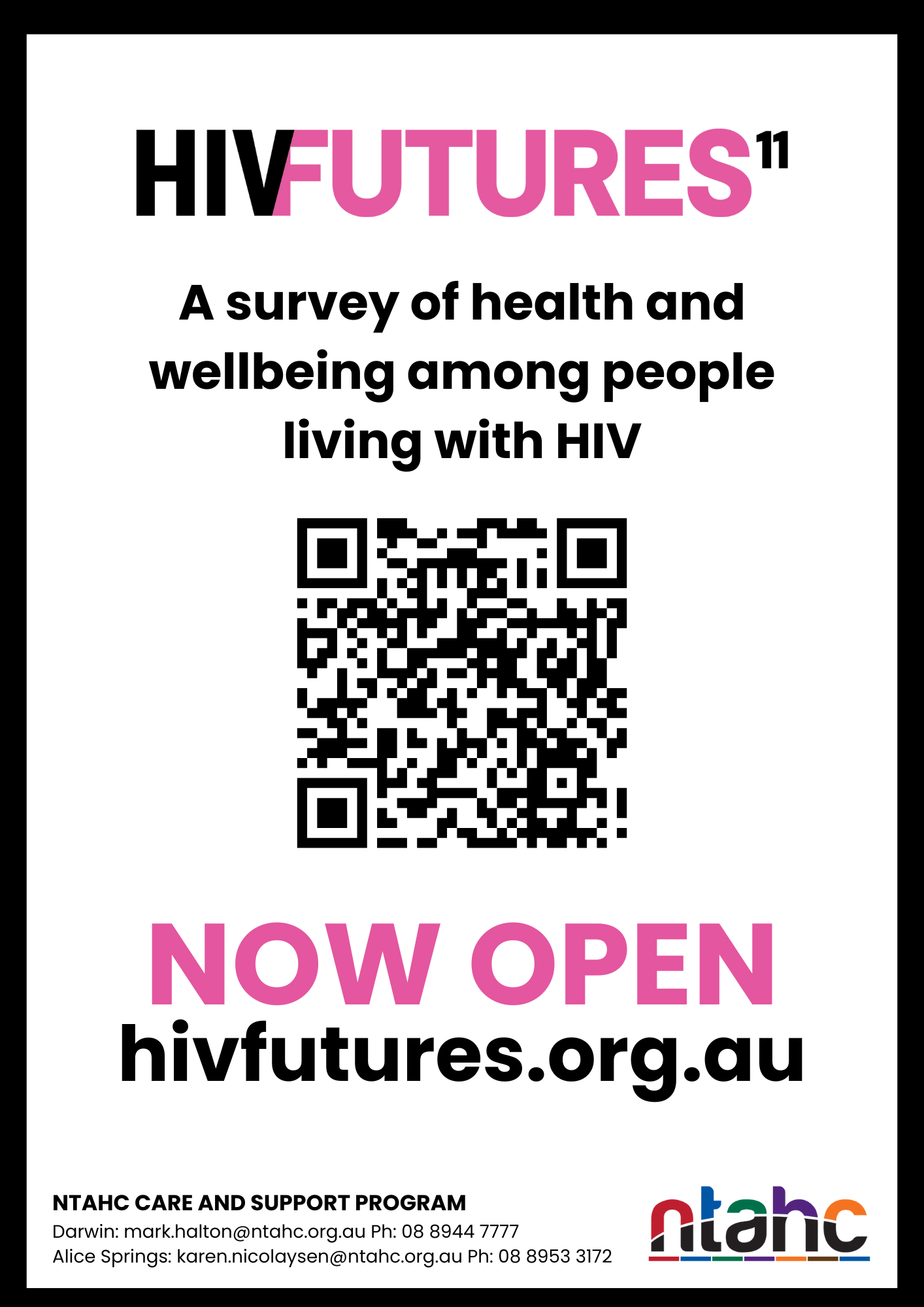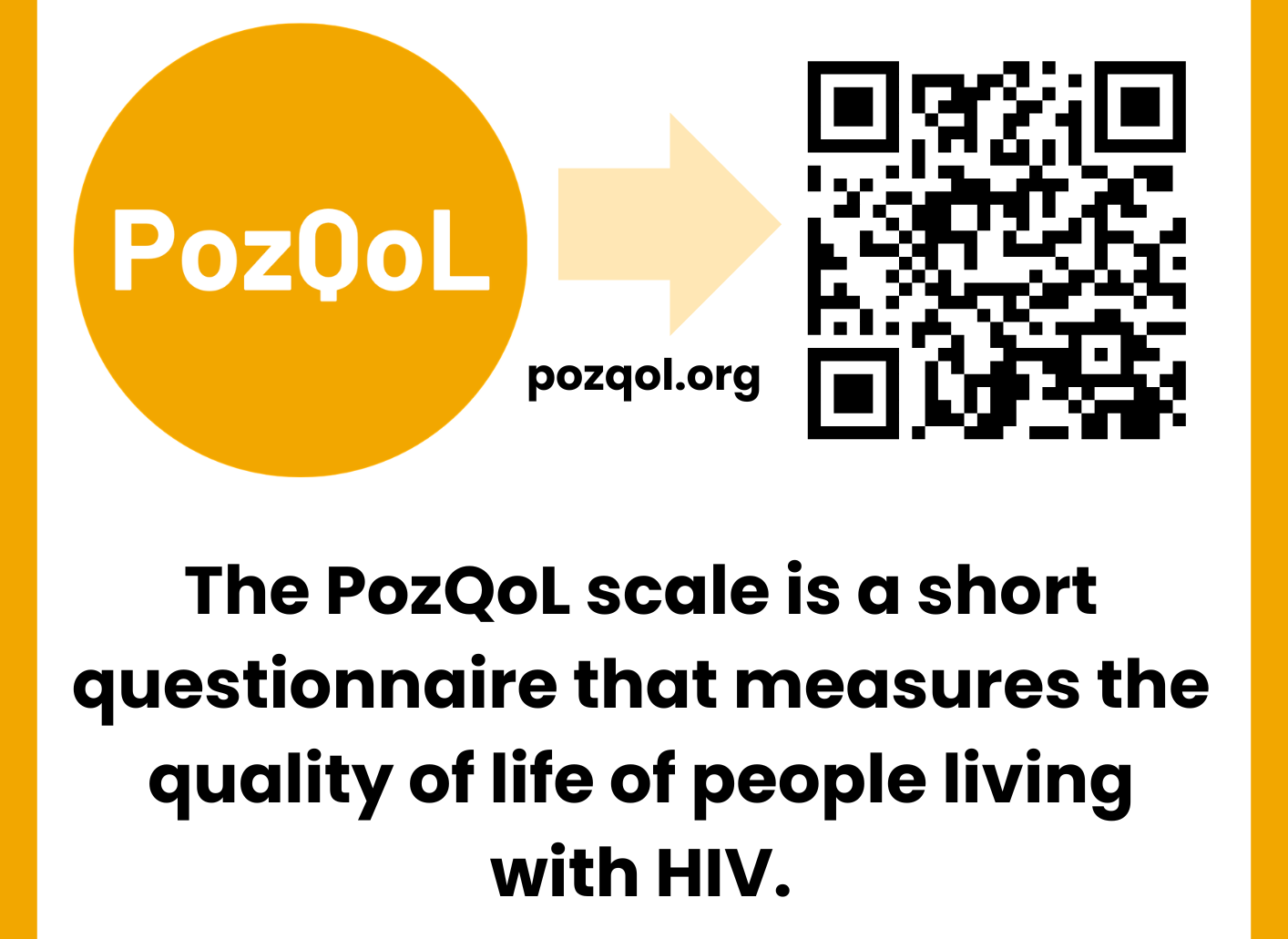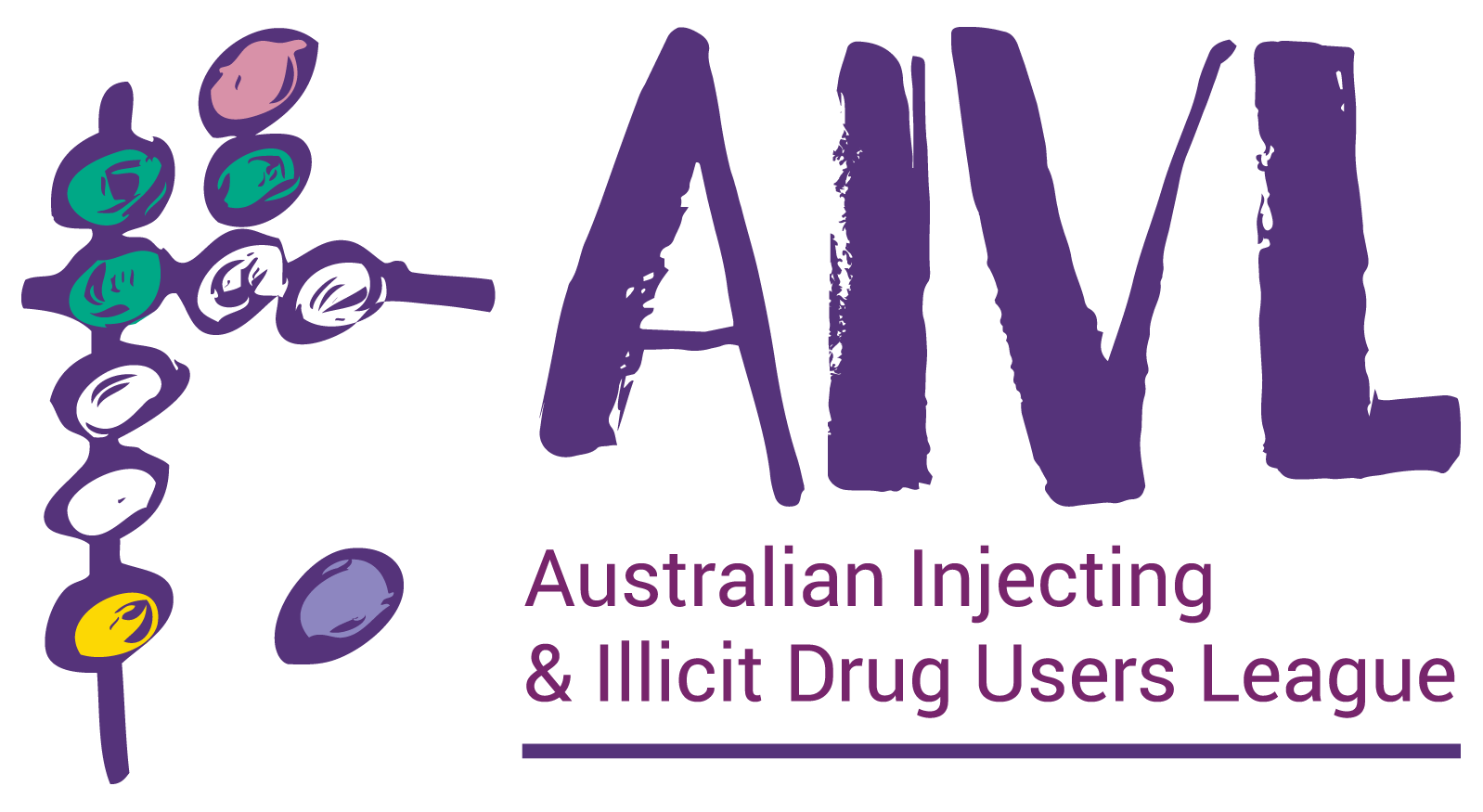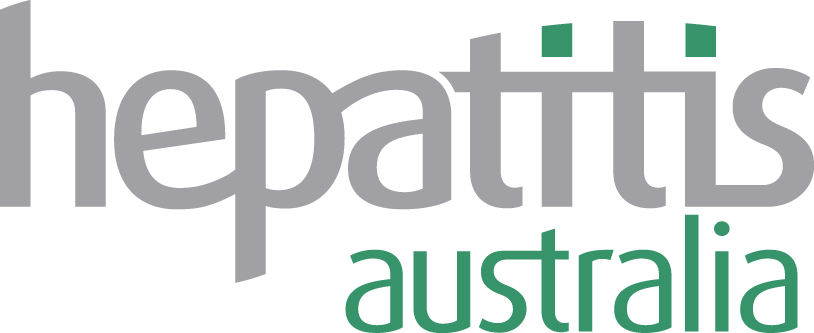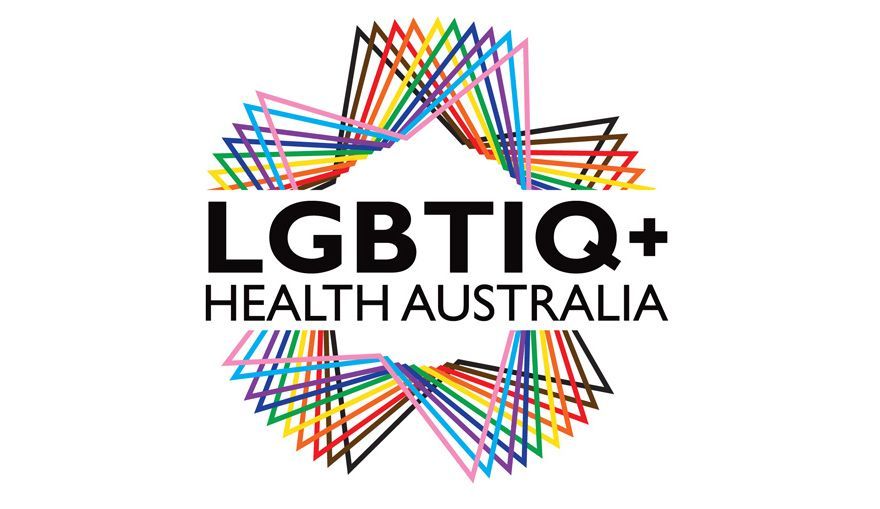Story by Rick Hind and Sajarn Stow
March 9 is the National Day for Women Living with HIV.
11% of people who have been diagnosed with HIV are women.
All too often women are overlooked in the HIV conversation, going undiagnosed or unrecognised in their struggle.
Del Batton learned she has HIV in 1998 but had been living with the virus for about 12 months before receiving a diagnosis. The first question she asked after receiving the diagnosis was "will I live to see my four year old daughter grow up?" and was told "we can't guarantee you 10 years."
Today she talked with Rick Hind on the ABC Radio Darwin Mornings show about her experience.
"When I was first diagnosed, there was nothing there, there was very little support available, we just had to get on with it. But I know how devastating the diagnosis can be. I finished paid employment a few years ago and I just decided it was time, so long as we continue to live in silence and secrecy because of the fear stigma and discrimination, we will suffer."
Since retiring a few years ago, Del has made it her mission to advocate for women living with HIV, through the National Network of Women Living with HIV.
"I decided that we had to start speaking up. I know a lot of women are not prepared to speak up, particularly in the Territory. There are 300 odd people in the Territory living with HIV.
Of those, about 100 hundred are women. Many of them from the CALD (culturally and linguistically diverse) background, which means their communities are even smaller. And they're, therefore, even more concerned about stigma."
Del wanted to leave listeners with these key points:
"Keep talking about it."
"You can live a normal life."
"Undetectable means untransmissible."
Del Batton


